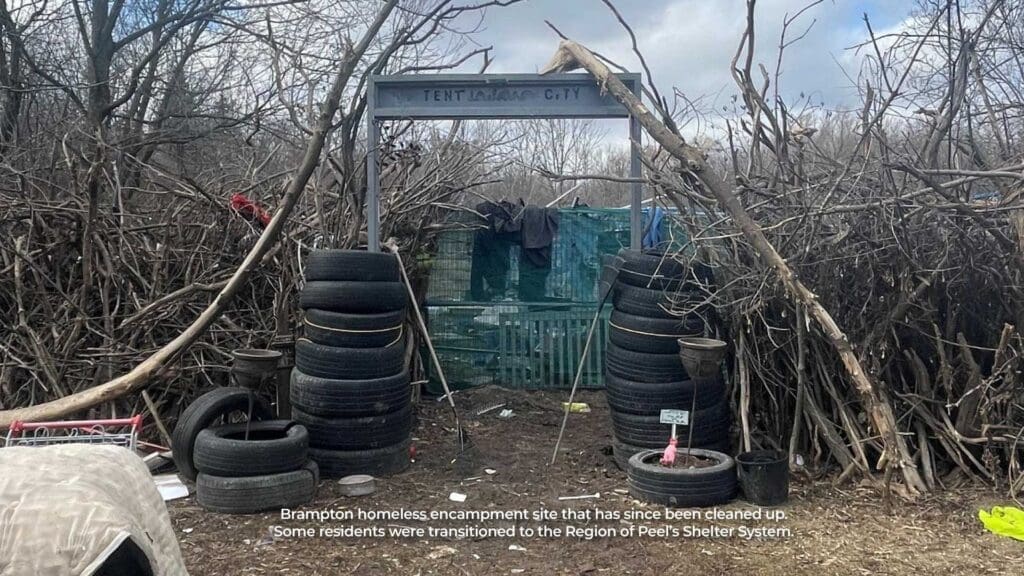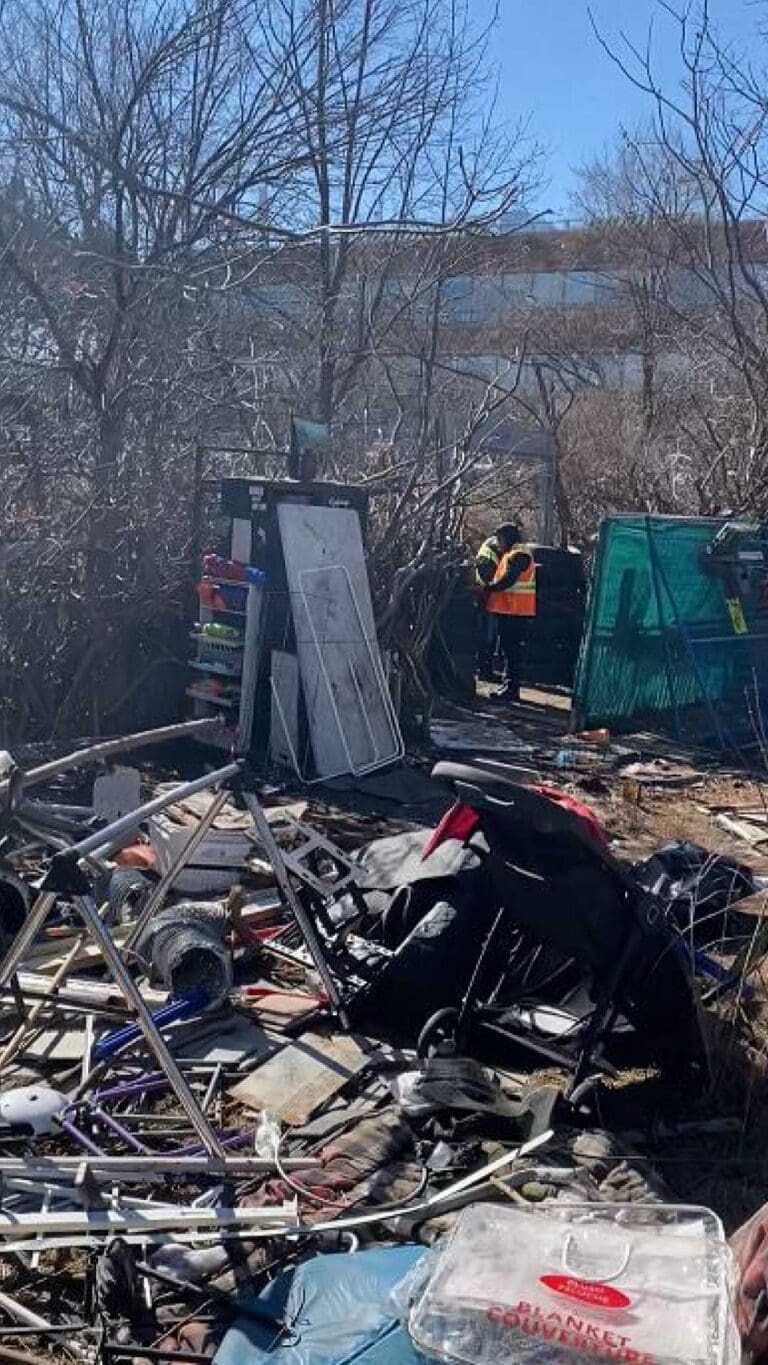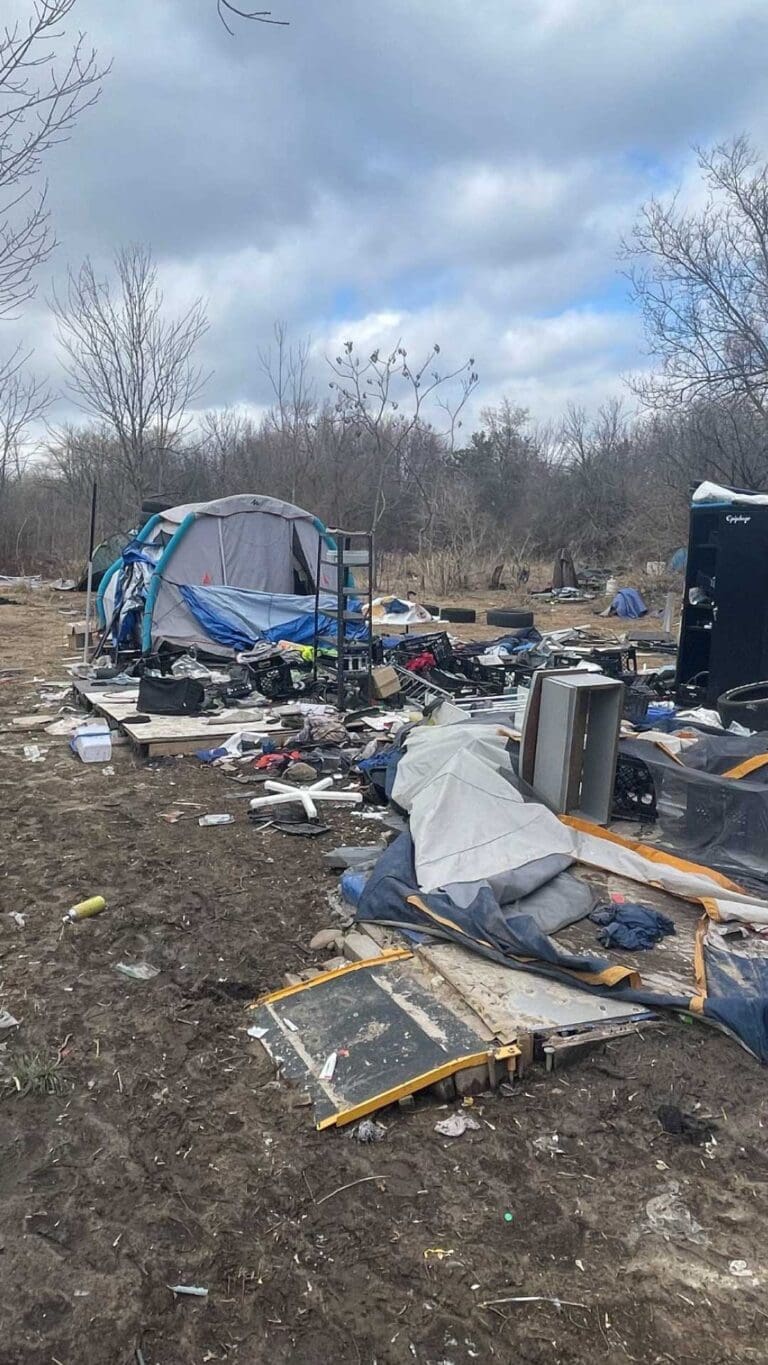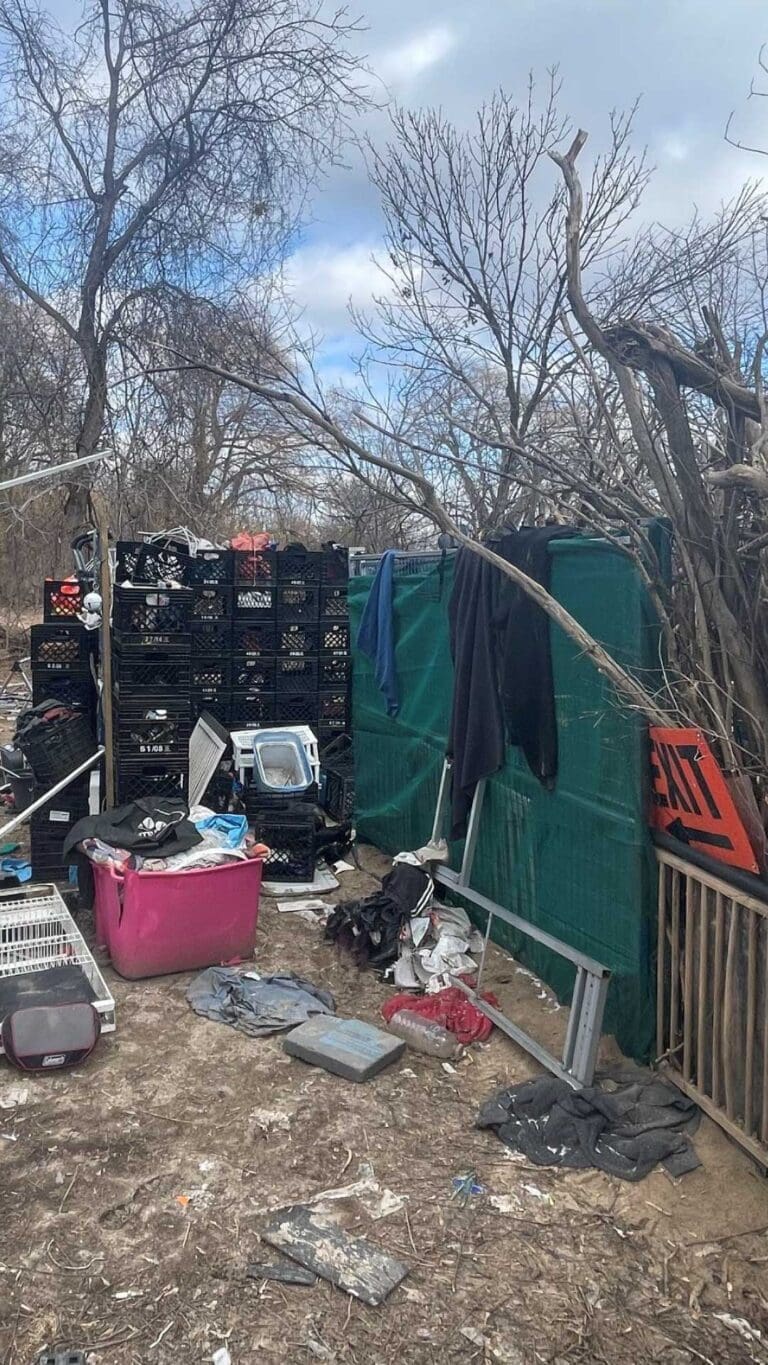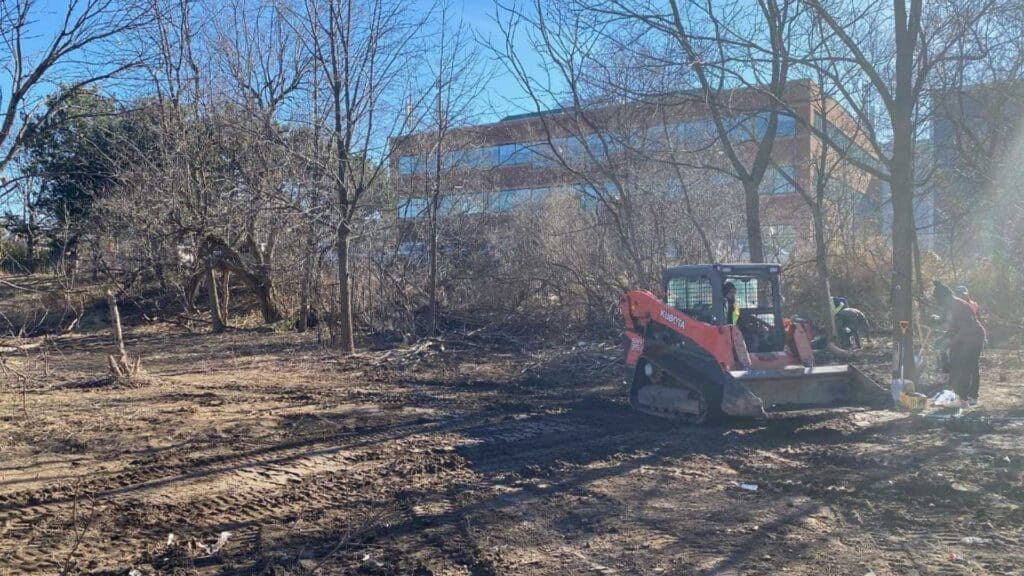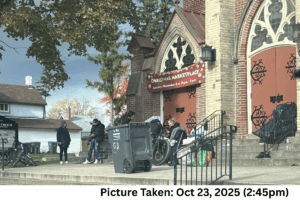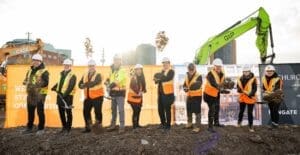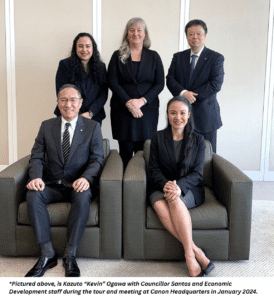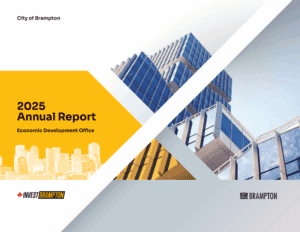The growth of homeless encampments along the Etobicoke Creek Trail in Brampton and across Canada is a wake-up call that our country’s public infrastructure urgently requires investment from all orders of government. Our municipalities desperately need our provincial and federal partners to step up as homelessness cannot be solved on our own.
The growth of homeless encampments along the Etobicoke Creek Trail in Brampton and across Canada is a wake-up call that our country’s public infrastructure urgently requires investment from all orders of government. Our municipalities desperately need our provincial and federal partners to step up as homelessness cannot be solved on our own.
Population growth, cost of living issues, underfunding of support for mental health and addictions, and the housing crisis are just some of the challenges we are already facing, leaving many on the street or tents in our parks. We desperately need solutions that are sustained to overcome continuous over-capacity in our emergency shelter system, overflowing shelter hotels, and unhoused residents.
The Federation of Canadian Municipalities (FCM) is the voice of over 2,000 municipalities across the country and has been consistently advocating on infrastructure investment to support housing but also to end homelessness. Despite promises made at the FCM’s Annual Conference last June, where the Prime Minister committed to a new federal-provincial-territorial infrastructure plan by Fall 2023, Canadians are still waiting.
“As an FCM board member, Chair of the Finance, Infrastructure and Transportation Committee at FCM, and in my role as a local Councillor that has been managing the consequences of nearby encampments, I know the enormous challenges we are facing,” says Santos.
“Over the past month, I have been working with the City, Peel Police, Peel Region, local residents, and local businesses to find immediate solutions to the growing number of encampments and to prioritize health and safety. We are experiencing unsafe recurring open air fires, illegal substance abuse, illegal drug activity, and theft leaving surrounding residents in the area feeling unsafe to use their local park,” Santos adds. “We need the federal government to deliver a housing and homelessness plan now. A plan that includes infrastructure to service new housing units, and renews a commitment to invest in complete neighbourhoods with robust public services.”
The absence of a comprehensive plan brings uncertainty to the lives of individuals, particularly those searching for affordable housing. It is not just about bricks and mortar, pavement, and water systems. It is about the daily experiences, struggles, and goals of individuals and families across the country, especially when it comes to securing a place to call home.
“Efficient transportation, inclusive communities and well-maintained core infrastructure are integral components of a successful housing strategy. Local property taxes cannot pay for all of this and our municipal budgets are further strained as we mitigate the consequences with band-aid solutions,” says Santos.
Unlike federal and provincial revenue, our municipal revenue does not automatically adjust for inflation or with economic growth. In Brampton, additional planned housing growth up to 2031 will require a $3 billion investment in infrastructure above the City’s planned forecast. How can municipalities pay for this without heavily burdening property owners?
In the face of these challenges, municipalities are urgently calling for immediate infrastructure funding, particularly in areas like water, wastewater, and adaptation to keep Canadians safe and meet urgent core infrastructure needs. The focus must go beyond new housing units and include the infrastructure required to service them and the community.
FCM is calling for a clear commitment in the next Budget from the federal government to convene all orders of government to work together on a new and sustainable Municipal Growth Framework that:
-
- empowers municipalities with predictable revenue sources that are linked with national population and economic growth
- supports critical infrastructure to enable complete neighbourhoods not just housing
- implements a comprehensive plan to end homelessness that is focused on providing housing for those experiencing chronic homelessness
- increases funding towards the creation of non-market, deeply affordable and supportive housing options for homeless communities and people transitioning out of homelessness looking for permanent housing
About the Author
Rowena Santos is a Regional Councillor for the City of Brampton / Region of Peel. She is an elected board member and Chair of the Finance, Infrastructure and Transportation Committee at the Federation of Canadian Municipalities (FCM). FCM is Canada’s leading advocacy organization, representing the voices of over 2,000 municipalities across the country. Read More.


